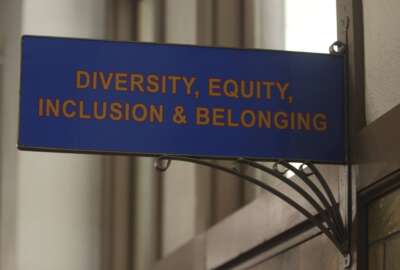It’s hard to help the 3 to 5 percent of the workforce classified as poor performers. But if resources are scarce, the most productive solution might be to direct the assistance elsewhere. Bob Tobias, director of the Key Executive Leadership Programs at American University, joins In Depth to discuss how the government deals with poor performers.
| Bob Tobias’ Top 3 for 2013 |
- Performance Management: There is often a great deal of hand wringing about the 3-5% of the poor performer workforce. And it is true that the federal government, as a general rule, does not provide support to leaders who seek to deal with poor performers. However, the largest bang for the buck would be to increase the productivity of the 70% “middle performers” by 5% rather than eliminating the 5% of the workforce who are poor performers. Leaders fail to focus on what they can and must do to increase the “middle performers.”
- Labor Management Relations: With the ever increasing demand for doing more with less with the correlative need for structural and business process change efforts, why isn’t there more focus by federal government leaders on working collaboratively with employees through their unions to increase organizational performance?
- Leadership Development: The assumption that “training” leaders to do better has been proven over and over again not to work. Leaders “go to training” and come back with a “I will change list” similar to a New Year’s resolution list, and they get caught up in day-to-day stuff and quickly forget they planned to change. It is not knowledge acquisition that hinders leader development, it is counterproductive habits. Knowledge of bad habits is only the first step in changed behavior. The second step is a pledge to change. And the third, and most important, is actual changed behavior. We know intellectually that changed behavior is the gold standard for leadership development. But changing habits is very difficult. Changing habits needs self awareness – knowledge about self – as a precondition to changing self. Are agencies willing to provide the investment to get the changed behavior that is so critical in today’s work environment, or will they continue to spend money solely on knowledge acquisition?
|
Copyright
© 2025 Federal News Network. All rights reserved. This website is not intended for users located within the European Economic Area.





